US should rejoin Iran deal, decrease ‘militaristic footprint’ in Middle East, says senator
US Senator Chris Murphy says Washington should deprioritize hostility toward Iran, cut down its military presence in the Middle East, and urge Saudi Arabia to "come to terms" with Hezbollah in Lebanon.
In a podcast interview with the Center for Strategic and International Studies, Murphy said decreasing the overall "militaristic footprint" includes security aid to Saudi Arabia and the UAE, which has not eased the risk of conflict in the region.
“We have to look at our security footprints in the region. We spend billions of dollars putting massive amounts of troops in bases spread throughout the region. I don’t think that actually accrues to our security interests,” Murphy, the chair of the Senate Foreign Relations subcommittee focusing on Middle East issues, said.
The senator dismissed concerns that cutting US military presence and security assistance to its allies in the Middle East would create openings for Washington's geopolitical adversaries, namely China.
"They will never get from the Chinese nor the Russians what they get from the United States today… They want us to be tougher on Iran, but they don’t have another potential partner like the United States," he said.
Murphy said concerns of China outpacing the US is not in the military sector, but in the areas of development and economic aid.
The US, he said, must "play hardball" with Riyadh, adding that he doesn't believe "the Saudis are going to walk away from a security alliance with the United States.
“Yes, [the Saudis] want more… but they don’t have another potential partner like the United States. So I think it’s time for us both with the Saudis and the Emiratis…to sort of say to them, ‘Listen, if you want us as a security partner, then we expect you to sort of line up with our priorities on Yemen, on Lebanon. And if you’re not willing to do that, then we’re going to have a conversation in the United States as to whether we’re going to be in business together any longer.’”
Murphy said the US should instead prioritize re-entering the Iran nuclear deal which former president Donald Trump walked away from in 2018 and reaching other long-term agreements with Tehran.
"I think that having some successful long-term diplomatic agreements between the United States and the Iranians will help build confidence for other diplomatic arrangements, either formal or informal, to be entered into that perhaps lower the temperature in the region," he said.
"I don't think that our current position in the region, whereby we are essentially giving the Saudi side whatever they need, is actually leading to that detente or to that conversation happening."
Saudis should accept Hezbollah’s role in Lebanon
Murphy also urged Saudi Arabia to “come to terms” with the prominent role of popular resistance movement Hezbollah in Lebanon.
“[The Saudis] are deeply uncomfortable with the role that Hezbollah plays. The Saudis should come to terms with the fact that at least in the short term Hezbollah is going to be part of the political infrastructure there,” he said.
Lebanon has been suffering from a crippling economic crisis amid US-led sanctions, that has worsened to become one of the "most severe" in the world since the mid-19th century.
In previous years, Saudi Arabia cancelled billions of dollars in aid to Lebanon and banned its tourists from visiting the country, citing Hezbollah's influence.
“My worry is that if Lebanon falls apart, it will become the next Syria. It will be…a source of great instability that may actually give rise to terrorist organizations that have designs on the United States,” Murphy said.
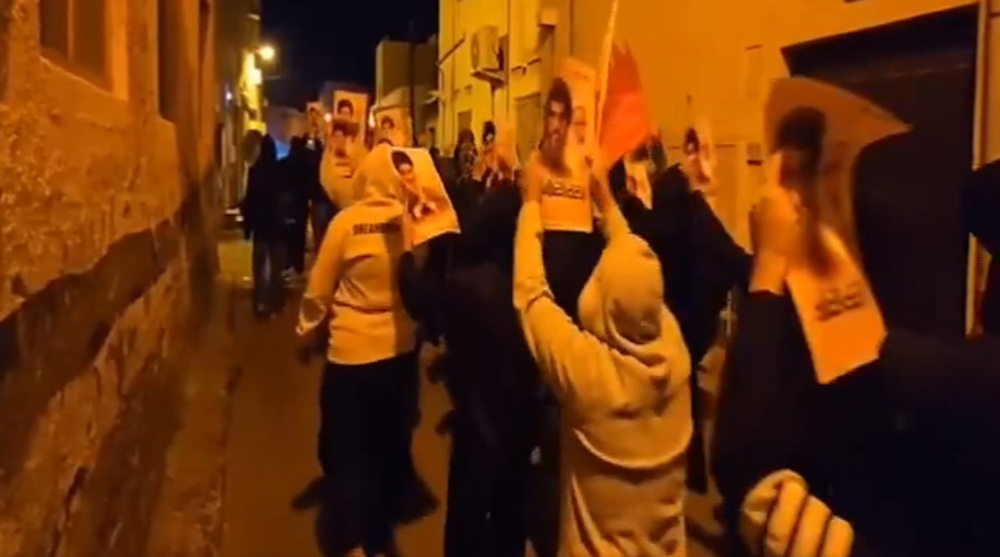
Bahraini mourners hold symbolic funeral procession for late Hezbollah leader
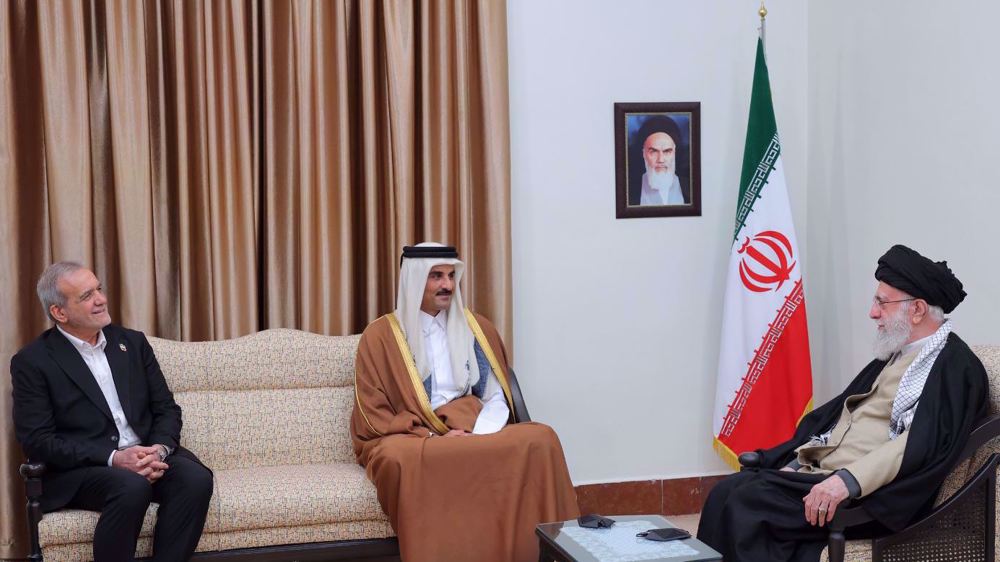
Leader puts premium on boosting ties with neighbors in meeting with Qatari Emir
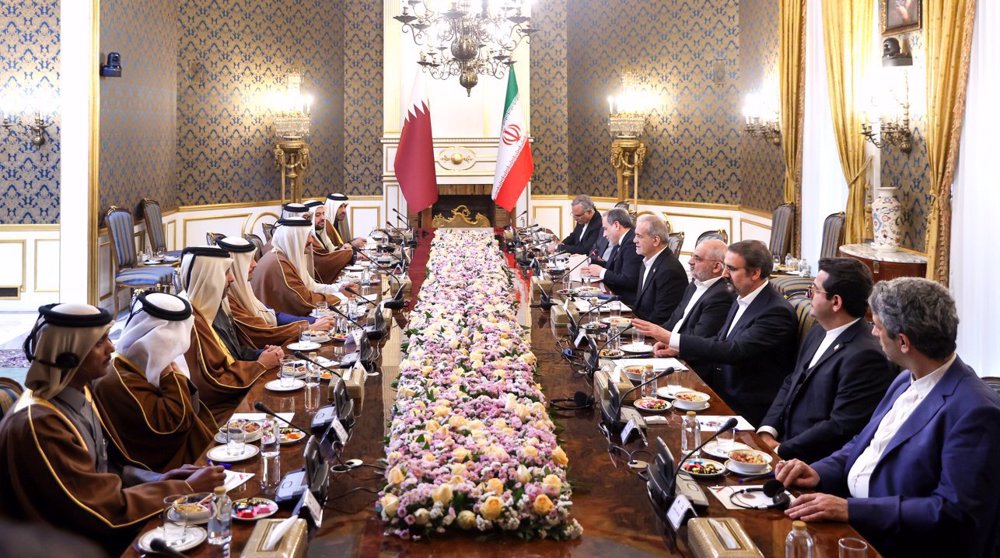
President Pezeshkian: Iran, Qatar opening new avenues for cooperation
Iranian flotilla makes port call in India with 'friendship message'
How UK counter-terror police colluded with Zionists to detain me after Beirut trip
Biden, Blinken, Austin referred to ICC over Gaza war crimes
EU will 'do the same' if US implements tariff hikes: France
VIDEO | Press TV's news headlines
British celebrities condemn BBC removal of Gaza documentary
Iran Army acquires tactical vehicles, audio surveillance systems
VIDEO | UK police detain anti-Zionist scholar upon return from Lebanon


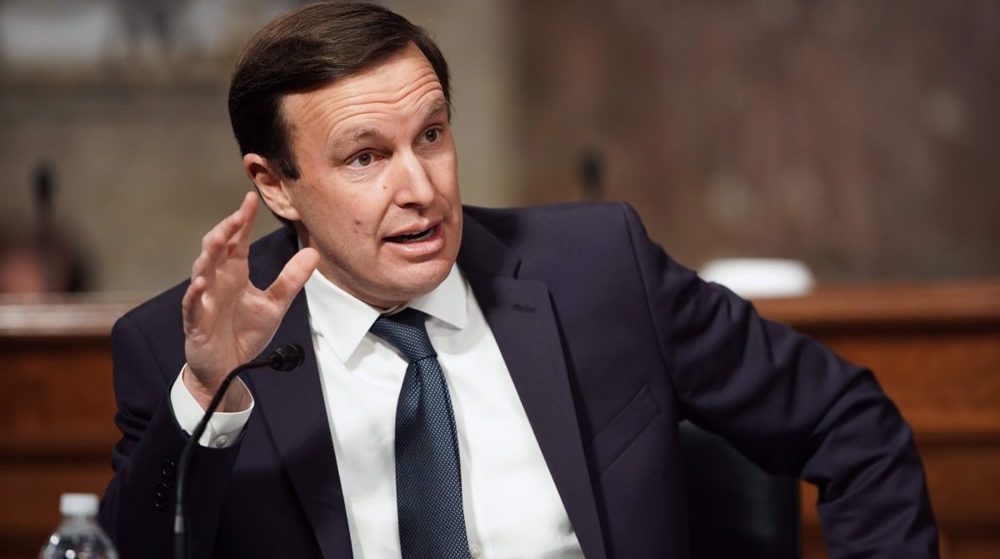
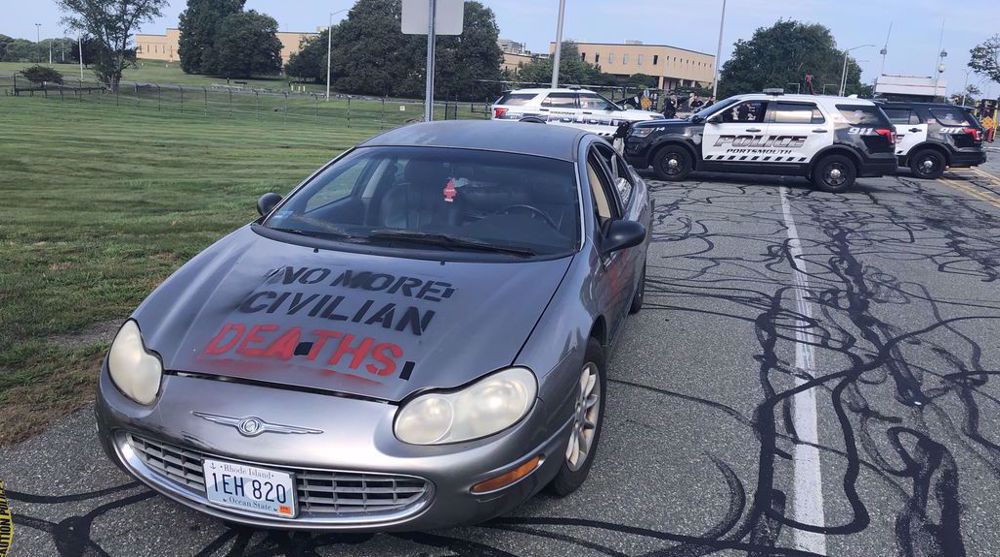
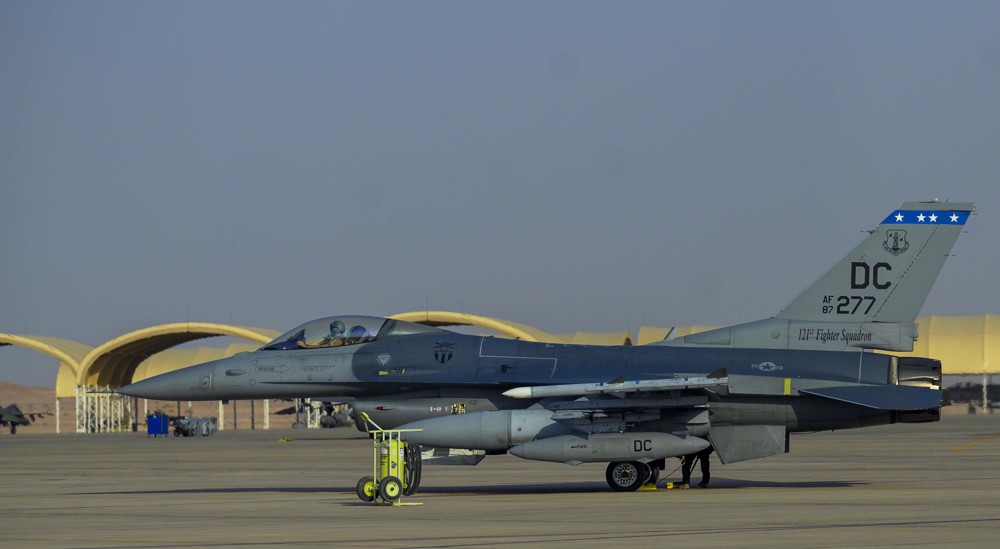



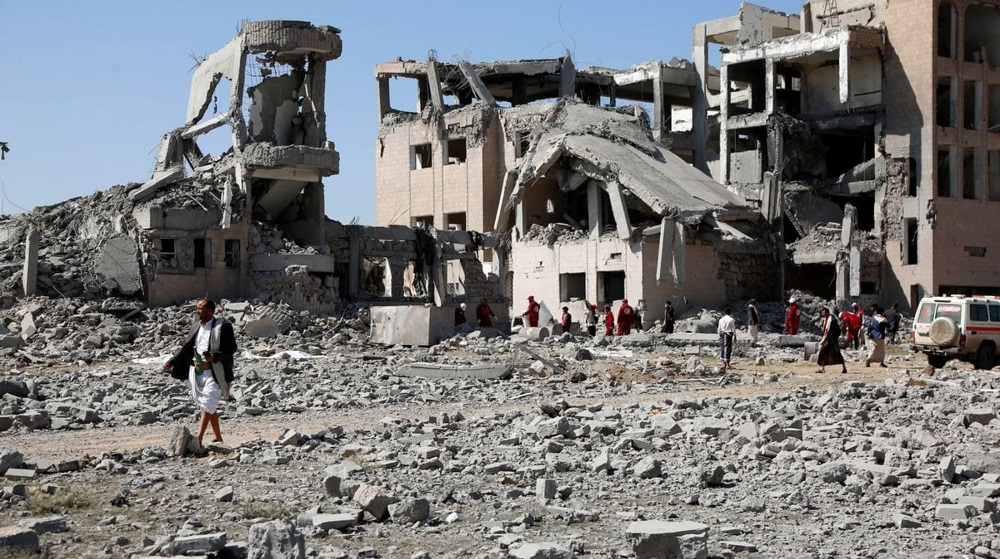
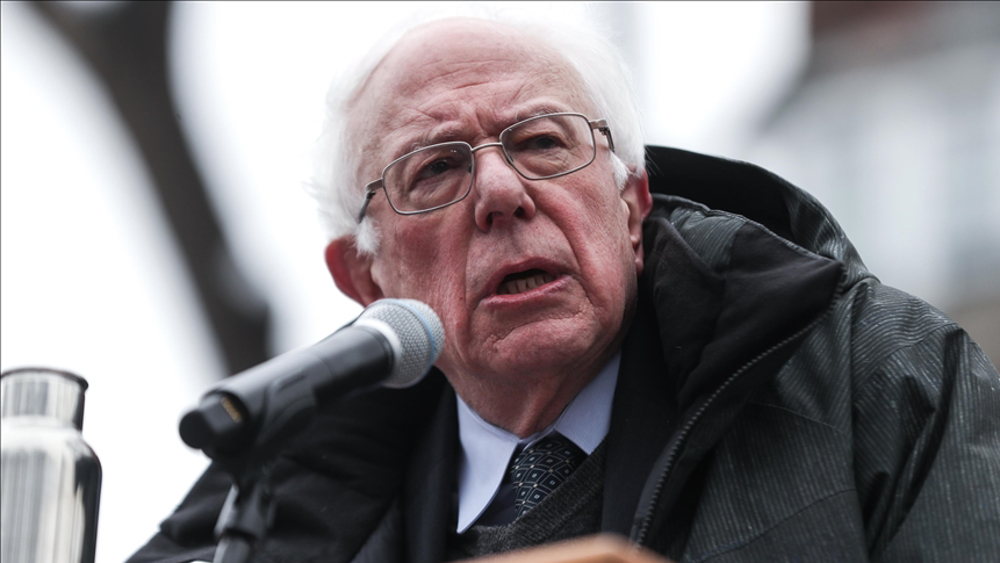
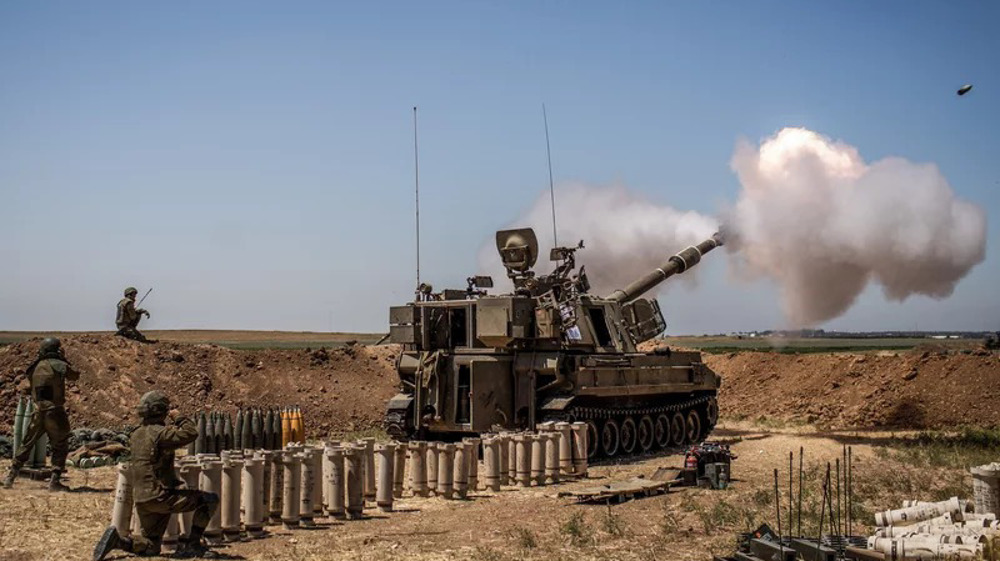
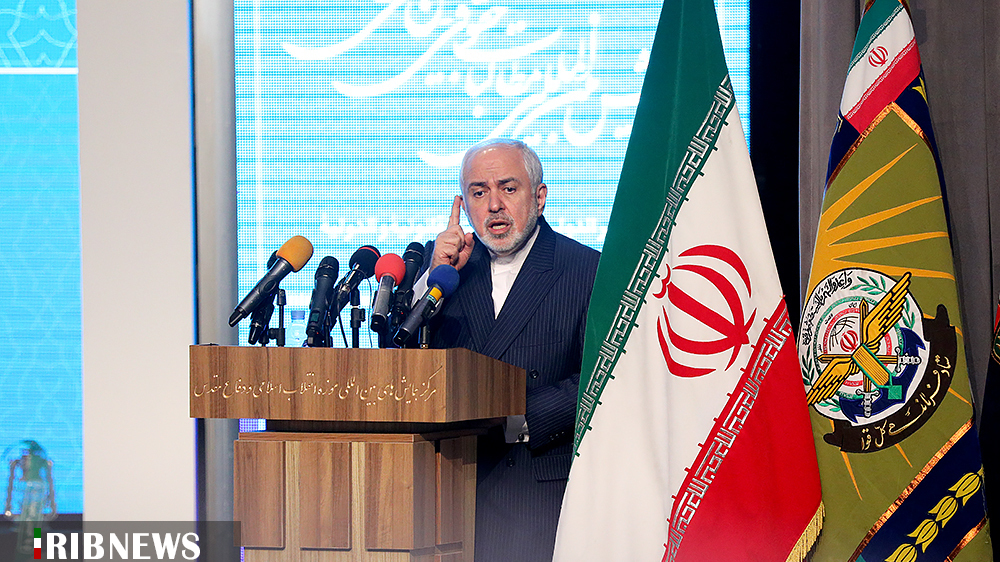

 This makes it easy to access the Press TV website
This makes it easy to access the Press TV website